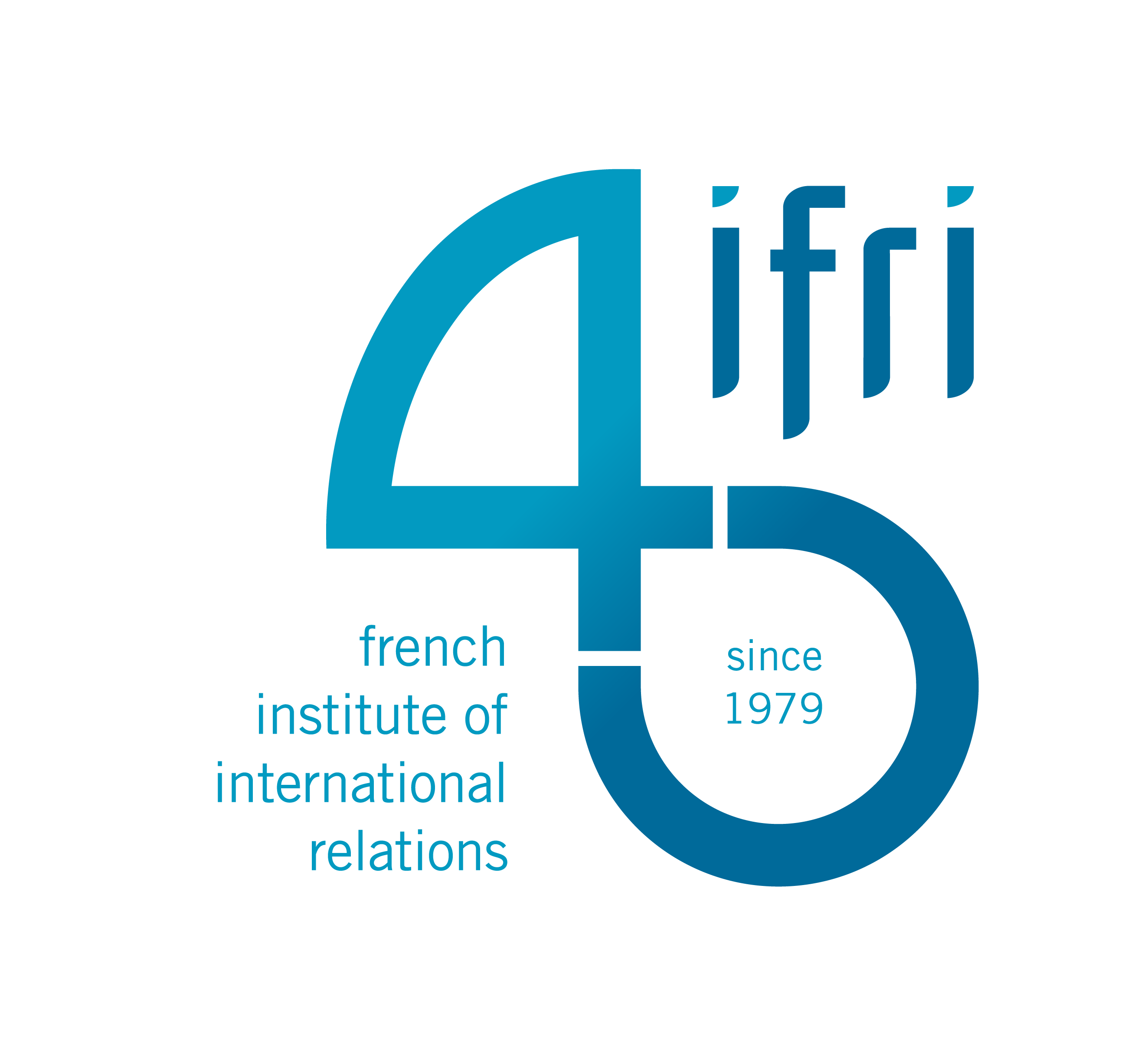Influences and developments within German agricultural policy have undergone significant transformations over the past 70 years, especially in the context of the dynamic Franco-German relations and the pivotal role both nations play in shaping the European Union’s Common Agricultural Policy (CAP).
Initially confined to bilateral dimensions, agricultural policy positions have evolved into a complex interplay of conflict and cooperation within a union now encompassing 27 member states, accompanied by shifting priorities and new challenges. Presently, one of the significant current challenges is the impact of the Russian military aggression, which has had profound implications for agricultural markets and the global food supply chain. This situation underscores the nexus between global food security, international diplomacy, and economic policy. At the heart of political decision-making are the critical considerations of balancing immediate supply security against long-term objectives such as biodiversity preservation, coupled with the daunting task of developing sustainable agricultural strategies that are adaptable to both geopolitical and societal frameworks.
About the Authors
Kristina Mensah is an independent expert on agricultural policy and trade.


